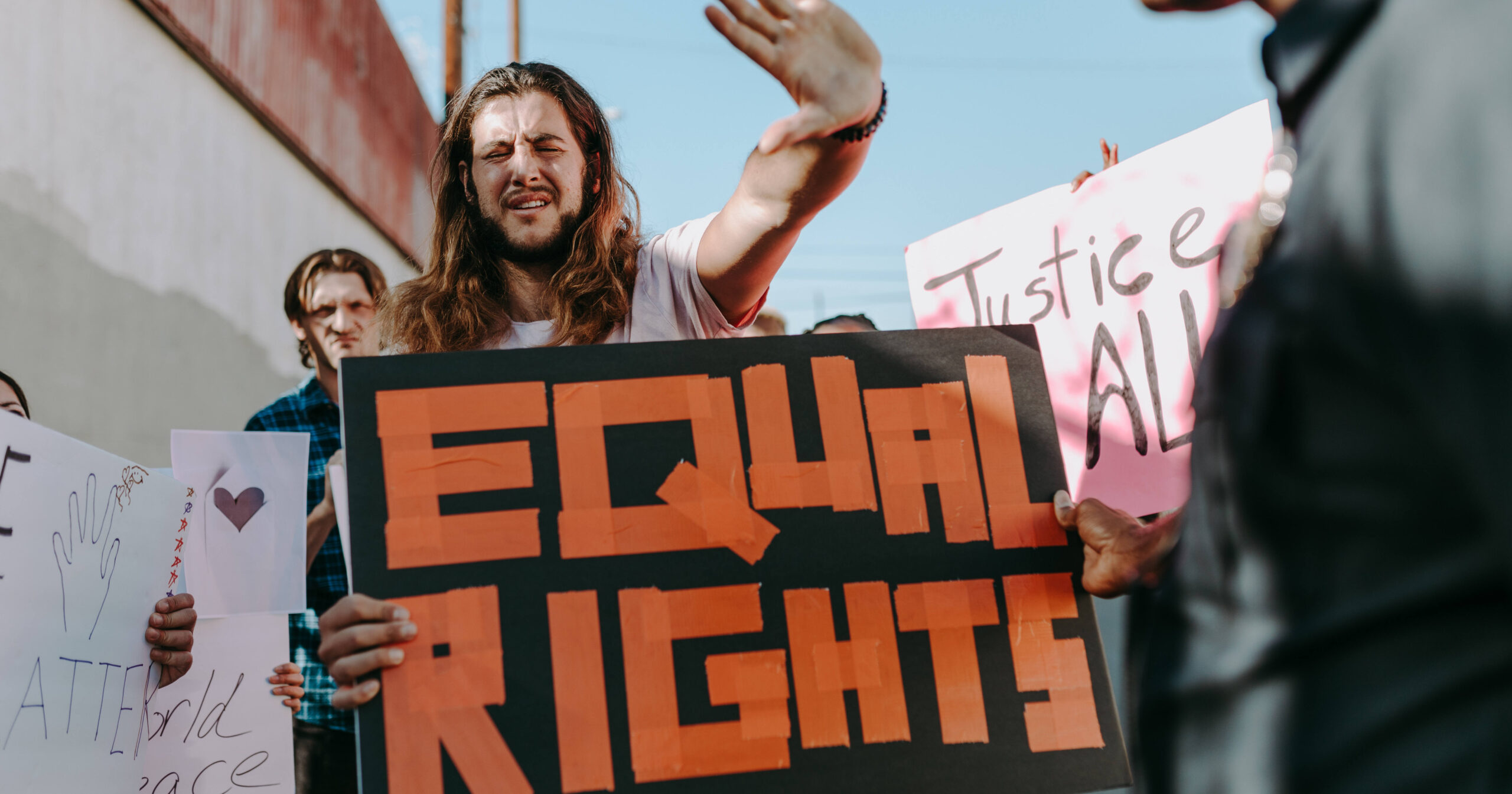“When one is the victim of a great injustice, there is a tremendous temptation to define oneself, and one’s life, at least partly in terms of this injustice. This… ‘victim mentality’ is a terrible mistake… If one defines oneself in terms of the injustice, one’s ability to [learn and grow and have a happy life, solving problems as one goes along] is sabotaged.”
– David Deutsch
From the archives: Posted on 7th March 1997
[Catherine had asked for ideas about what to do about homeschooling law requiring something the children don’t want to do—such as pretending to obey the law or fighting to get the law changed.]
I had written:
“When one is the victim of a great injustice, there is a tremendous temptation to define oneself, and one’s life, at least partly in terms of this injustice. This so-called ‘victim mentality’ is a terrible mistake, of course, and not least because it sabotages the vital process of creating new options of the kind that Catherine is seeking here. One may find oneself unconsciously rejecting whole classes of options because they amount to ‘letting the bastards get away with it’.
Remember that a good solution might only be findable by first taking seriously, and then improving, some rather bad options. But instead one finds oneself thinking ‘why should I consider X just because they want me to do it?’ One may find one’s attention distracted away from the central issues of: ‘is this against the child’s will? if so, how much against his will? what exactly should be altered in the situation to make sure that nothing he does, or is done to him, is against his will?’ And the child himself should be consulted not only to find out (or help him to create) his wishes, and not only for ideas about entire new options as in the lists above, but also for help about the nitty-gritty, untidy business of considering how bad things really are, for this particular child in this particular situation at this particular time in his life, rather than how unjust it all is for children in the abstract.”
Someone replied:
“It is possible that I am in the midst of just such a major mistake. Your further comments leave me somewhat lost because, children aside, I’m not sure I see what ‘the central issues’ might be for the individual as an individual. Only then does it make sense to me to add the complications of being a responsible parent.”
For an individual facing injustice on his own account, without responsibilities for others, the central issue is simply how to learn and grow and have a happy life, solving problems as one goes along. If one defines oneself in terms of the injustice, one’s ability to do this is sabotaged. Some Libertarians, for instance, define themselves in terms of the injustice of the burdens and restrictions imposed by the state—such as taxes—and devote no creativity to analysing the actual effect (which is negligible for most people in our society—but even where it is large, my point still holds) that paying taxes has on their prospects for happiness and prosperity. This amounts to a ‘blind spot’ and reduces their ability to improve their lives.
See also:
- Genuinely protecting children versus coercing them
- “How do you raise a child to believe in freedom?”
- Thoughts on the legal status of children
David Deutsch, 1997, ‘How defining yourself in terms of injustice sabotages your life’, https://takingchildrenseriously.com/how-defining-yourself-in-terms-of-injustice-sabotages-your-life
